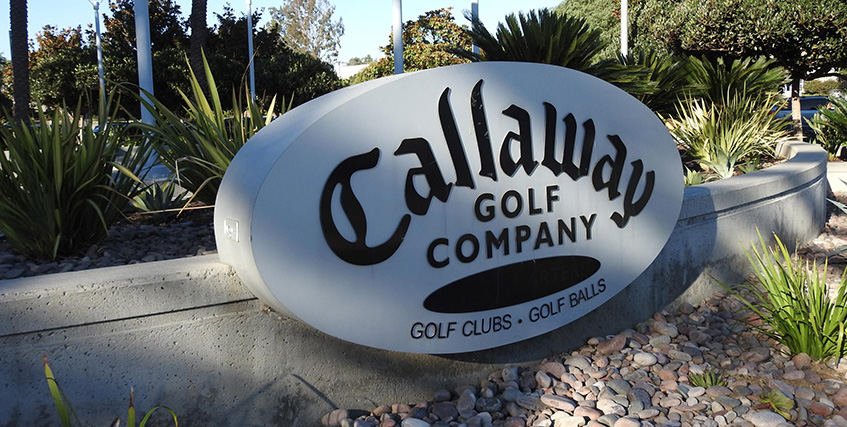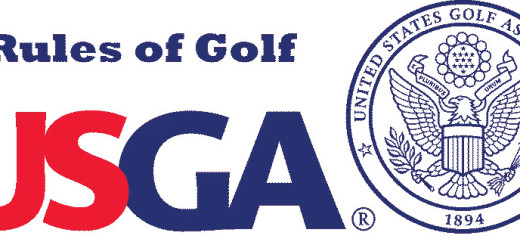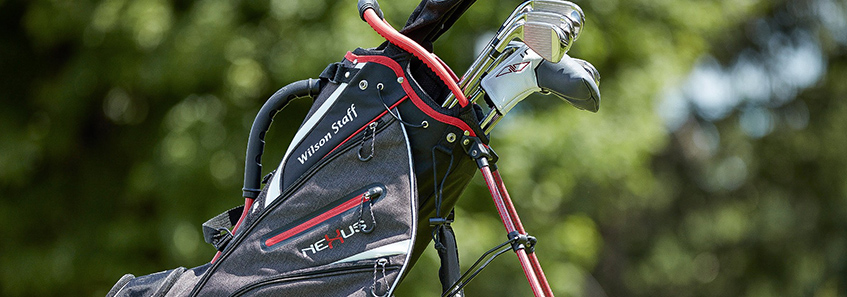2016 US Open: DJ’s First Title and Other Memorable Moments
It was as if the hand of golf brought with it a giant eraser to western Pennsylvania for the 2016 U.S. Open. Let’s take a look at just some of things that got scrubbed away this past Father’s Day at Oakmont Country Club…
Dustin Johnson’s Tortured Relationship with the Game’s Majors
Dustin Johnson has more talent oozing from his golf bag than possibly anyone not named Rory McIlroy. He had won at least one PGA tournament in each of the previous eight years heading into 2016, and piled up 11 Top 10 finishes in a major championship – though never winning one. His failures were well chronicled, a rich stew of self-inflicted meltdowns and bizarre circumstances that bordered on the conspiratorial. The most recent was his famed three-putt on the 18th hole of the 2015 U.S. Open:
By the time Dustin Johnson reached the back nine he had the lead, and his past failures were dutifully recounted by the Fox television broadcast. But instead of backing up and giving the media fodder for next year, Johnson built on his lead. On hole 16 he buried a nine-foot par putt, and wiped away memories of that three-putt from 12 feet on the final day at Chambers Bay last year. On the 313-yard 17th, Johnson stayed with his driver and put it in the Big Mouth bunker on the right side of the green. Where Jason Day had made double bogey from the same place earlier in the day, Johnson scraped it out and made par.
On the home hole, a 6-iron – the equal of any approach that has ever been hit by a leader on the 72nd hole of the U.S. Open – completed the victory. Dustin Johnson has permanently been removed from the list of golfers frustrated in their quest for a major championship. With his major slate erased, he may well win a fistful in the coming years, just as Phil Mickelson did when he notched his first majors win in his early 30s.
Jordan Spieth told anyone who would listen, even as he was waxing the field in the year’s kick-off event at the Tournament of Champions, that he didn’t expect to be able to repeat what he accomplished in 2015. He was right. With Johnson’s victory, Spieth is no longer the defending champion for any of golf’s four majors. Oakmont is a course where the insanely difficult greens typically favor the best putters. But with Spieth finishing 59th in driving accuracy and 57th in greens hit in regulation, even his otherworldly putting could accomplish only so much. He finished in a tie for 37th.
There is more talk these days about Spieth’s slow play than his chances to break Jack Nicklaus’s record of 18 majors. Furthermore, his anointed partners in today’s “Big Three” were equally noticeable in their absence from the leaderboard. At times during the tournament, it seemed both McIlroy and Day were about to batter Johnny Miller’s scoring record at Oakmont, but they ultimately went off the tracks. McIlroy didn’t even survive until the weekend, as did Big Three wannabe, Rickie Fowler. Johnson’s win in dominating fashion makes it awfully tough to talk about a Big Three without including him in the conversation. These are all tremendous golfers and there are certainly big trophies waiting for them in the future, but for now comparison to the likes of Nicklaus, Arnold Palmer, and Gary Player have cooled. Good-bye 2015.
USGA’s ‘Big Bogey’
Golf is the ultimate niche sport. The only two days of the year when the game can expect to grab the attention of non-golfing television viewers are Masters Sunday and U.S. Open Sunday on Father’s Day. This year the USGA was gifted with a young star hitting drives further than anyone ever has in a U.S. Open – the ideal role model to attract potential golfers to the game.
But USGA officials instead decided to shift the focus to the arcane rules that befuddle even the professionals. After a kerfuffle on the fifth green over whether Johnson’s ball had moved ever so slightly before a putt – a ruling that had already been made and resolved on the course – the USGA announced to a national television audience an hour later that the entire incident would be reviewed after the round.
Instead of celebrating the championship golf on display, the final two hours of the television broadcast was devoted to whether a player hitting 350-yard drives on the course would have his title stripped by a bunch of guys in suits. Lucky for golf, Dustin Johnson rendered the matter moot after all the joy had been sucked out of his win of redemption. For good measure however, the USGA did dock Johnson a stroke to shave his four-stroke win to three – and in the process announcing to the world that it considered its new champion a liar for insisting he didn’t cause his ball to move, and for not calling a penalty stroke on himself as runner-up Lowry had done on Saturday. And then they publicly punished themselves the next day, stating that “clearly we made a big bogey” in handling the situation. So much for the game of honor.
The horrible look for golf was compounded by a unanimous condemnation by the game’s top players on social media. Even Nicklaus himself, on hand at Oakmont and wearing a USGA badge around his neck, congratulated Johnson by saying, “I thought what you did with all that crap [the USGA] threw at you was pretty good.” Yes, plenty was erased in golf this past weekend. Let’s hope one of things that wasn’t wiped away was future golfers considering the game.
What we can take away from the 2016 U.S. Open was that what should’ve been a wonderful and well-deserved first major victory for Dustin Johnson turned into a few things that weren’t so wonderful: deluge rains, brutally difficult greens and a USGA fumble.




